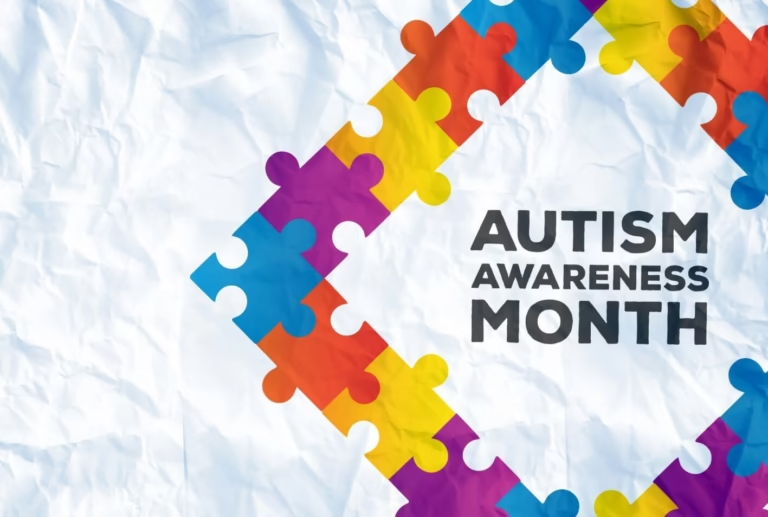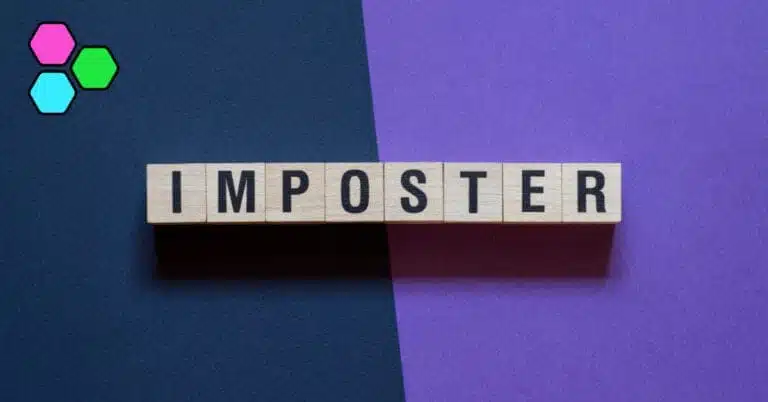From an early age, I’ve always felt a little bit different, even long before my autism diagnosis.
It was a quiet awareness, something I couldn’t quite put into words. I knew I saw the world differently. I’d recall details that others forgot, solve problems from unique perspectives, or focus intensely on tasks where others quickly lost interest.
My early childhood was happy. I enjoyed playing with other kids but was equally happy when I was alone in my own world.

Some of my best memories come from a time spent at a brook just behind our house, when I was 6 or 7 years old. I’d spend hours there building dams, trying (and failing) to catch fish, completely lost in my thoughts. Those times felt magical.
But then things began to change when we moved due to my dad’s new job. I entered high school at 11 and as my peers matured, my circle of friends inexplicably shrank.
I’d been comfortable with the innocence of younger childhood but struggled with the social rules of adolescence. Eventually, I was bullied and became isolated, spending most of my time in the school library. This was an early sign of the isolation that often accompanies autism.
Like many teenagers with autism, it wasn’t a happy period in my life, although I suspect that these days my neurodiversity may have been picked up on.
Finding My Place in the Military
After leaving school, I joined the British military. This is where I thrived, benefiting from the structured environments that offered routine and discipline.
It felt like I had finally found a place where I could fit in. I regained my confidence, pushing myself mentally and physically in ways that others wouldn’t or couldn’t.
Yet, despite coping with the physical and mental hardships of the military, the part of me that sought solace in the library still existed. I made acquaintances but never truly formed lasting friendships.
Social events in the military were usually challenging. I’d find ways to avoid them and, when forced to attend, I’d engage in small talk before slipping away to observe from a distance.
This was part of my autistic communication style. While I could confidently speak in front of crowds, one-on-one interactions always felt difficult.

Moments That Defined My Difference
There are moments in my life that particularly highlight how different I’ve always been.
I’ll describe two of them here.
I used to work with satellite communications in the military. While deployed overseas, there was a piece of equipment that needed to be used in a way it wasn’t designed for at very short notice.
It was time critical and highly important. My superiors doubted that it could be done but allowed me 48 hours to try.
I worked non-stop, even contacting the equipment’s designers, who insisted that it couldn’t be done. But I kept at it, finally succeeding. The method I’d found was of such importance that it was later added to the official training manual.
I have no doubt that it was my ability to hyper-focus on this one single thing at the expense of anything else, to be able to lose track of time, to even forget basic needs like eating or sleeping that had allowed me to succeed.
The second moment occurred in another job when I applied for a promotion involving a scenario-based work assessment.
These involved actors coming in to a room and presenting problems to be solved. I remember feeling confident after dealing with a problem-solving scenario, but then a young man playing a junior employee entered the room and complained about being bullied by a factitious senior colleague.
The complaints were subtle in their nature and try as I might, I just couldn’t understand his perspective, no matter how hard I tried. Time eventually ran out, and I recall feeling frustrated, not knowing what I was supposed to have seen or done.
Looking back, I now recognize this as the ‘double empathy’ problem – when people with different experiences of the world struggle to connect.
When the results came in, I had the highest score in problem-solving and the lowest in empathy out of several hundred candidates. At the time, I didn’t link this to autism, but now it’s fairly clear.
Leading with Quirks
As a leader, before understanding my autism, I was often perceived as awkward or difficult. I’d keep my distance from my team, believing professionalism meant not getting too close.
This suited me, allowing me to avoid personal interactions. My communication style was formal, robotic, and precise, something I preferred but that didn’t resonate with my team.
Someone once called me a “pedant,” and I wasn’t sure whether it was a compliment or not. I’ve always been a perfectionist, and I expected the same high standards from my team, which led to frustration when I’d return a task seven or eight times for revisions.
At the time, I saw this as upholding excellence, but I now realize it was demotivating for others, and was linked to autism and perfectionism.
Communication issues were frequent. My team felt I didn’t talk to them enough. I thought my brief, direct communication was fine—after all, it was work-related. But they needed more than that, and I couldn’t see things from their point of view.

There were also things like my meticulously organized desk, typical of autistic quirks at work. My team would play friendly pranks by moving my pens slightly, knowing that I would always notice.
Eye contact was another challenge. People often felt disconnected from me in meetings, even though I was fully engaged.
Connecting the Dots: Realizing Autism
Looking back, the signs of autism were always there, from my quiet moments at the brook to my struggles with empathy during that promotion assessment.
But like many from my generation, I had a narrow understanding of autism. I thought it applied only to savants or individuals with severe learning difficulties.
It never occurred to me that someone like me— a reasonably competent, successful, and confident person at work—could also be autistic.
I don’t blame anyone for not recognizing it earlier. After all, I didn’t see it in myself for years. But now that I understand, everything makes sense.






















